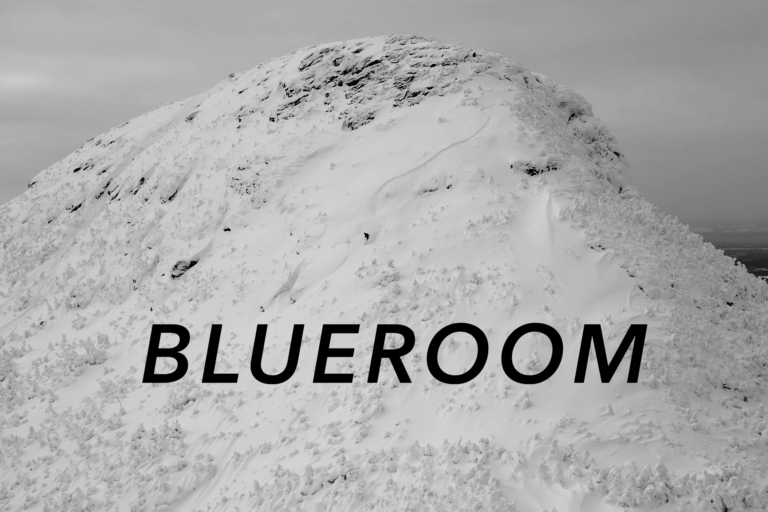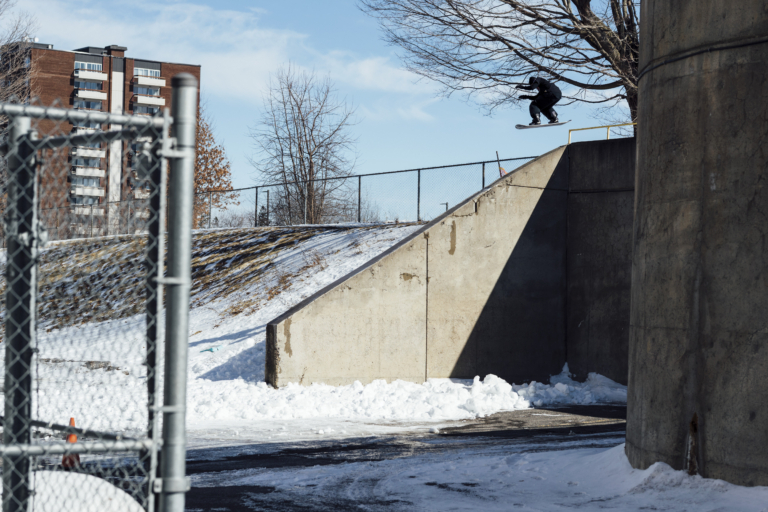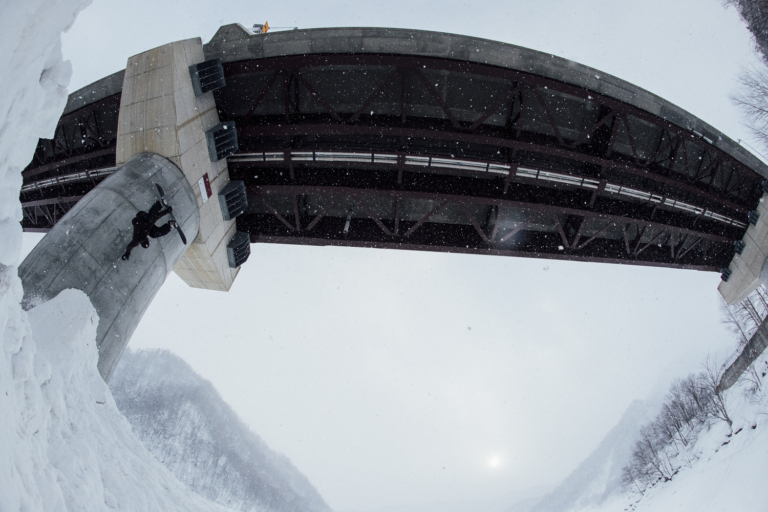Originally featured in Snowboard Mag 11.2: The Transcendent Issue. Defining Sustainability is a recurring column throughout Volume 11.
Consider the idea that climate change is not real. Under this assumption, ask yourself if we will sustain for centuries continuing down our current path. We continue the linear lifecycle of cradle to grave: transforming everything from natural resources, to goods, to consumers, to the trash. Our world works in cycles, like the hydrologic cycle that transports and precipitates water and creates our snowstorms. Many of our life cycles depend on one another. For example, trees provide us with oxygen and we provide them with carbon dioxide. We are part of the natural cycles here on Earth, yet we act as if we are separate and disconnected. The way toward sustainability begins by thinking in cycles, instead of seeing things as on a dead end, one-way street.

Understanding nutrition can help further your awareness of our interconnection with the natural cycles. As Nicolas Müller puts it, “You gotta give back to the soil what you take from it.” Throwing organic material into an anaerobic state, a.k.a. the dump, actually causes methane gas buildup — one of the leading human caused greenhouse gasses — where instead these materials should be composted to create new nutrient dense soil that will help the next generation of flora. “Eating a healthy diet and staying in shape just makes you feel so much better,” says Sage Kotsenburg. Bryan Iguchi considers his long-term ability to snowboard: “I find that going out on my splitboard gives me time to think, uses energy and gets the blood flowing. I always end up feeling way better at the end of the day than I did when I left in the morning. I see it as a way to sustain my life and take care of myself for the long-term. It feels like something I can do for the rest of my life.” Getting out in the mountains on your own two feet creates a sustainable cycle between the environment and our physical and mental beings.
The way we spend our money can change this disposable paradigm we find ourselves in. Next time you are making any purchase, question the chain reaction that triggers buying the item. Buying organic has a massive positive impact on our footprints. It reduces chemical use, supports healthier ecosystems and improves human health. Or consider aligning with Forrest Shearer and supporting B Corporations. B Corporation is a certification, much like Fair Trade, where businesses are using their companies to benefit the greater good. Marie-France Roy realizes that our expenditures can do so much more: “Everyone complains that it is a bit more expensive, but I see it as an everyday donation for all great things.” Little purchases and small actions can lead to big differences. That’s what Marie’s latest film The Little Things tries to bring to light.

Taking notes from Müller, everything we put down the drain from soaps to cleaning products can be easy ways for us to change the system we live within. “I recommend effective microorganism products that not only help clean mold, germs and other bacteria, they leave behind a healthy environment versus a dead desert, which is the best birthplace for the exact thing you were just cleaning. Health wasn’t invented in a laboratory. You want to be healthy — create a healthy environment and bacteria has no chance.” Even reducing or removing our meat consumption can drastically reduce our carbon impact.






